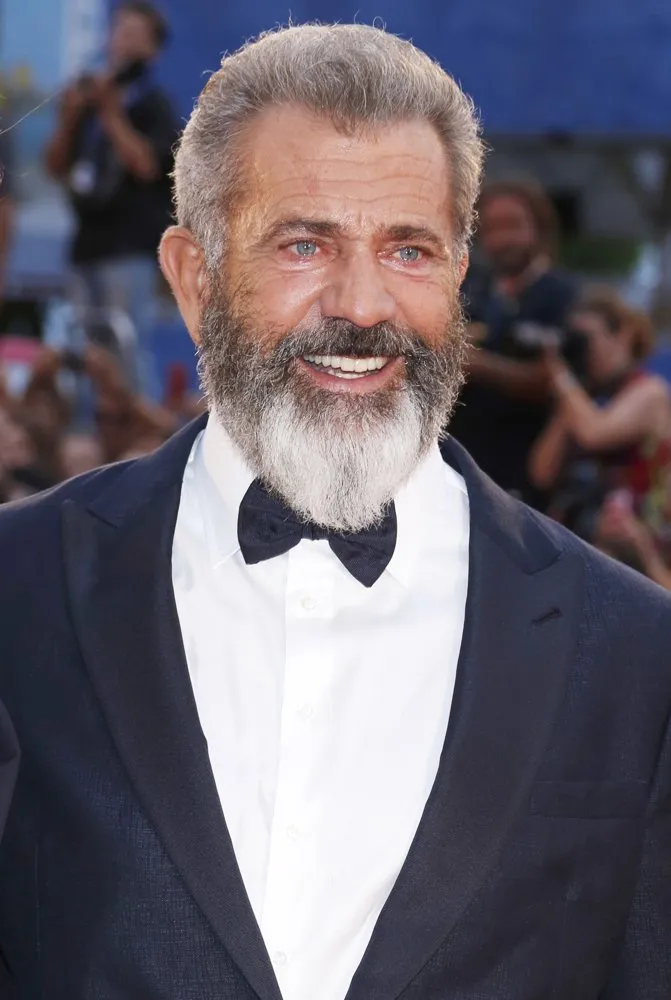In a move that has already sent shockwaves through Hollywood, Roseanne Barr, Mark Wahlberg, and Mel Gibson have announced the launch of a groundbreaking new project: the first-ever “anti-woke” movie studio in Tinseltown. The studio, which is set to challenge the current mainstream narratives dominating the entertainment industry, promises to create films that push back against what its founders view as the rise of “woke” culture in Hollywood.

The trio of stars—each known for their controversial pasts and outspoken stances—are joining forces to create a studio that they say will provide a platform for films and television content that reject political correctness, cancel culture, and what they perceive as an overreach of “woke” ideology in the media.
Roseanne Barr, the legendary comedian who became infamous for her outspoken conservative views, has long been critical of Hollywood’s political correctness. Similarly, Mel Gibson, the Academy Award-winning actor and director, has faced controversy over his own past remarks and personal scandals. Mark Wahlberg, while known for his more mainstream success, has also spoken out about his struggles with cancel culture and the pressure to conform to Hollywood’s increasingly liberal leanings.
The new studio, yet to be named, is being described as a “safe haven” for filmmakers, writers, and actors who feel that their creative work is being stifled by the so-called “woke agenda.” According to a joint statement from Barr, Wahlberg, and Gibson, the studio’s mission is to provide a voice to those who believe that Hollywood’s focus on identity politics, social justice, and inclusivity has led to the marginalization of conservative and independent viewpoints.

“We’re tired of being told what we can and can’t say, what we can and can’t think,” said Barr in a press conference announcing the venture. “Hollywood has become a place where you have to be afraid to speak your mind. Our studio will be different. We’re not going to shy away from controversial topics, and we’re going to give artists the freedom to express themselves without fear of being canceled.”
The launch of the studio is part of a broader trend in entertainment, where the increasing focus on woke culture has sparked a backlash from conservatives and critics of political correctness. Over the past several years, many high-profile figures in the entertainment industry have openly criticized the rise of identity politics in film and television.

The term “anti-woke” has become a rallying cry for those who feel that Hollywood’s increasing focus on social justice issues has gone too far, stifling creativity and reinforcing ideological homogeneity. Critics argue that films and TV shows are increasingly being shaped by social issues rather than artistic vision, and that certain voices are being silenced or sidelined due to their political beliefs or worldview.
For Barr, Wahlberg, and Gibson, the new studio represents a bold stance against this trend. The trio aims to create a platform where artists can make films that reflect a broader spectrum of ideas and opinions, one that isn’t constrained by current cultural norms or industry pressures.

The venture has already ignited fierce debate within the entertainment industry. Supporters of the new studio see it as a much-needed counterbalance to what they view as Hollywood’s growing leftward tilt. They argue that there is a growing demand for content that represents traditional values, free speech, and personal expression without the fear of social repercussions.
On the other hand, critics of the studio and its founders argue that their brand of “anti-woke” entertainment will only perpetuate division, intolerance, and harmful stereotypes. Many detractors claim that focusing on conservative ideologies rather than on universally compelling stories could alienate a large portion of the movie-going audience, which is becoming more diverse and progressive.
Hollywood insiders are also skeptical of the studio’s chances for success, questioning whether the market for “anti-woke” content will be sustainable in the long term. While some of the studio’s backers are already confident that the project will attract a large following, others worry that it may alienate potential collaborators and filmmakers who are hesitant to align themselves with such a divisive agenda.

Roseanne Barr, Mark Wahlberg, and Mel Gibson are no strangers to controversy, and their involvement in this new venture underscores their shared commitment to pushing back against what they perceive as the liberal establishment in Hollywood. While their careers have seen both highs and lows, this move represents a high-stakes gamble to reshape the direction of the entertainment industry.
Roseanne Barr, who famously saw her own hit TV show “Roseanne” canceled after a controversial tweet in 2018, has long been a vocal critic of Hollywood’s liberal leanings. Mark Wahlberg, despite his mainstream success in films like “Transformers” and “The Fighter,” has also faced backlash for past actions and statements that were deemed offensive by some. Meanwhile, Mel Gibson has faced years of public scrutiny for his past behavior, but his talents as a director and actor have allowed him to maintain a loyal following.
In some ways, this new venture allows them to carve out a space in Hollywood that is in stark contrast to the mainstream trends that dominate the industry today. The success of the studio could potentially shift the balance of power in Hollywood, with more conservative voices and viewpoints finding a place in an industry that has traditionally leaned to the left.
As the new studio gears up for its first film releases, it will be interesting to see how the project develops and whether it can make a significant impact on the entertainment industry. Will it be able to gain traction in an increasingly polarized cultural landscape, or will it fall short of its ambitious goals?
While the outcome remains uncertain, it’s clear that Roseanne Barr, Mark Wahlberg, and Mel Gibson are not shying away from their controversial stance, and they’re ready to take on Hollywood’s establishment head-on. Whether their venture will reshape the industry or merely stir the pot remains to be seen, but one thing is for sure—Hollywood’s cultural battle lines have just been redrawn.